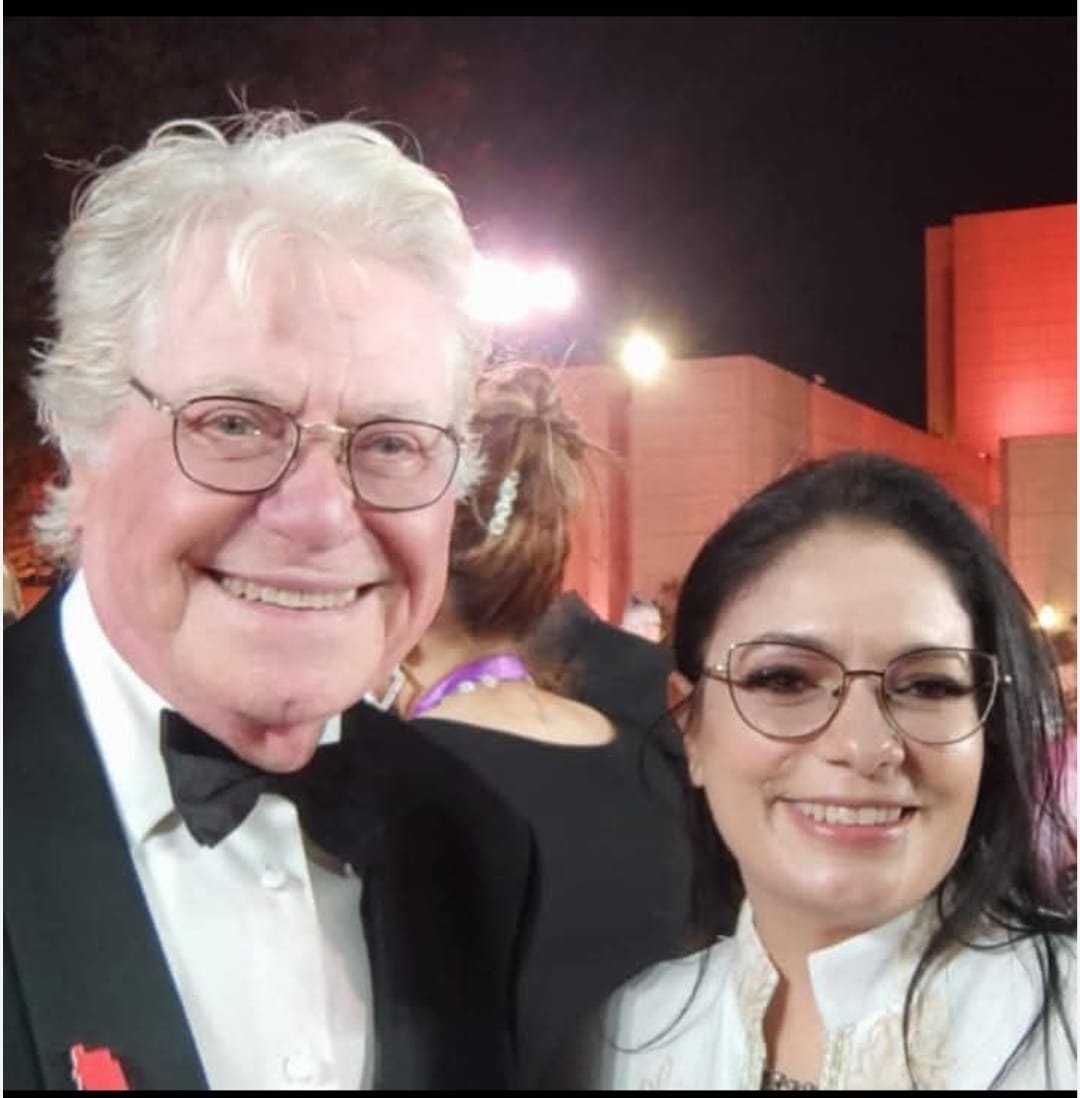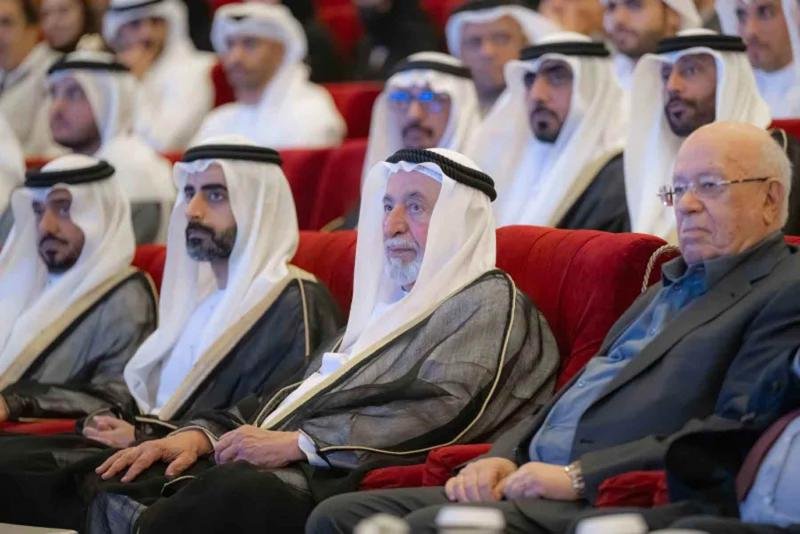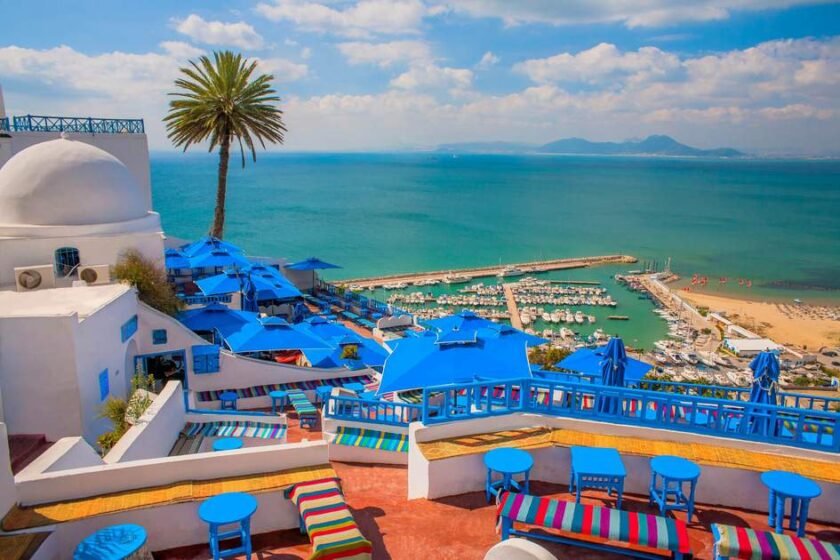By Douha Essaafi: In a recent press meeting with Egyptian media, actor Hussein Fahmy, president of the Cairo International Film Festival, shed light on the upcoming 46th edition. He underlined that the festival stands as Egypt’s cultural face to the world and remains one of the most important cinematic events in the region and beyond. The encounter was not limited to organizational details; it was a candid reflection on the challenges and ambitions shaping this year’s edition.
Hussein Fahmy is not only a celebrated Egyptian and Arab actor but also a cultural icon whose legacy commands respect both locally and internationally. It is rare for any country to renew its trust in the same figure to lead such a prestigious cultural institution for consecutive years, but Fahmy’s vision, vast experience, and ability to combine artistic sensibility with organizational skill have made him a unique exception. His continued leadership reflects Egypt’s recognition of the need for a personality who embodies both national identity and global presence.
Fahmy emphasized that the festival deserves collective support, insisting that its value lies far beyond funding. He revealed that he turned down sponsorship offers exceeding one million dollars in order to preserve the national and cultural identity of the event. He also announced that actor Khaled El Nabawy will be honored this year, reflecting the festival’s commitment to recognizing diverse artistic legacies across generations.
This edition will also feature 12 newly restored films, bringing the total to 22 over the past two years, highlighting Cairo’s effort to safeguard cinematic heritage for future generations. Fahmy further noted that the official press conference will take place on October 12, where more details will be unveiled.
Equally significant is the role of the festival’s Media Center, which has earned praise from journalists and critics alike for its professionalism in facilitating media coverage, managing communication with local and international outlets, and ensuring that the festival’s presence is well-reflected across global platforms. A special tribute goes to Ms. Hend Saeed, responsible for Arab press relations, whose dedication and refined approach have greatly contributed to building bridges with Arab media and strengthening the festival’s regional presence. Her efforts, alongside the wider Media Center team, have become an integral part of the festival’s ongoing success.
On the international stage, Fahmy reiterated the festival’s vision of moving beyond Hollywood centrality and opening up to cinematic experiences from Asia and Europe. At Cannes, he highlighted the need for alternative spaces of cooperation, while at China’s Golden Panda Awards he stressed the importance of cultural exchange and partnerships with leading global festivals. This outlook positions Cairo as more than a local event—it is a cultural hub bridging East and West.
Politically, Fahmy reaffirmed the festival’s unwavering stance on just causes, particularly the Palestinian question, stressing that culture cannot be detached from its social and political context. This gives the festival a human dimension that goes beyond the glamour of the red carpet.
At a time when the world is shaken by successive crises, from Gaza to Ukraine, the Cairo International Film Festival emerges as a statement: Egypt remains capable of leading the cultural scene in the region. It is not just a cinematic event, but a reaffirmation that film remains a form of soft power able to withstand storms and inspire hope.
TunisianMonitorOnline (Douha Essafi)




